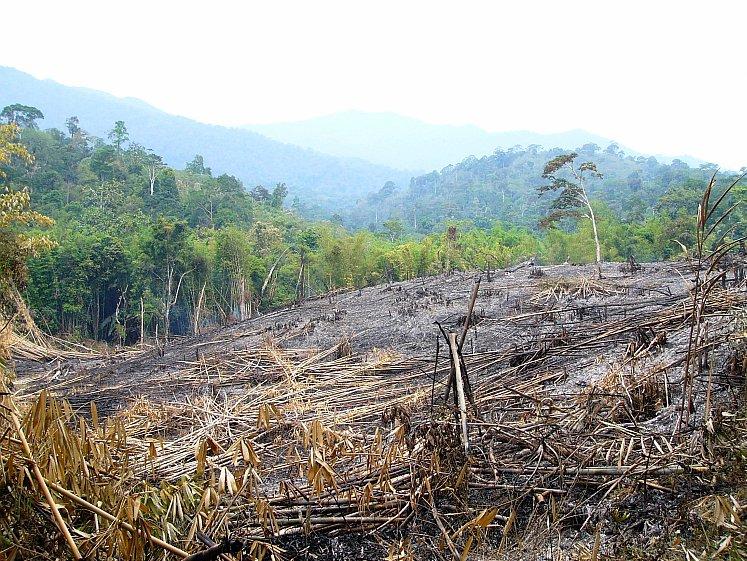Protected Forests Failing to Protect
The wildlife in protected tropical forests is increasingly threatened, a new study finds. Now, around the world ways are sought to stop this decline in biodiversity.

Jaguars are one of an endangered native species of the Amazonian rainforest. The increasing loss of large predators seriously undermines the ecological balance of tropical forests. Mauricio Lima/AFP/Getty Images
|Updated:





